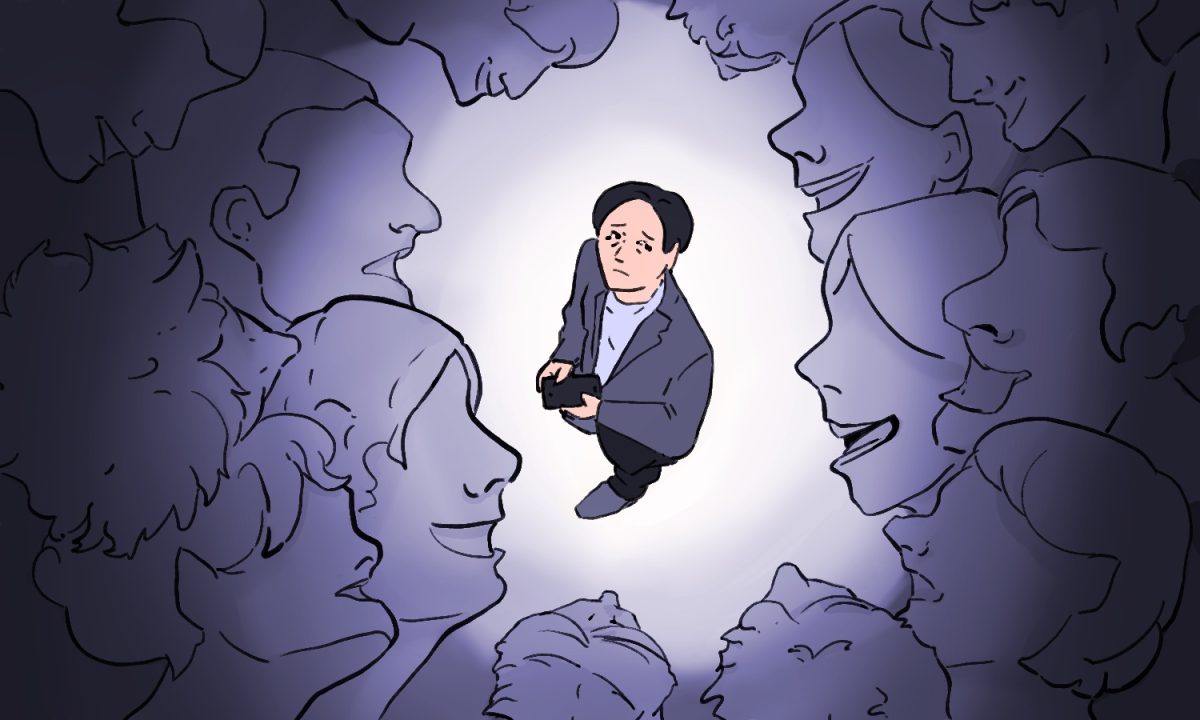Trauma scars leave an eternal mark that goes beyond superficial traits. For African Americans, historical racism profoundly shapes the health of future generations.
The theory of epigenetic trauma proposes that this stress can alter survivors’ core genes. The enduring effects of historical trauma, such as systemic racism, institutional oppression and intergenerational poverty, add to biological issues. These injustices continue to impact African American communities across generations, influencing not just individual experiences but also social and economic disparities.
“Institutional racism and historical trauma from slavery have significantly impacted African Americans’ mental health outcomes,” said Ernest Chavez, a professor in the Colorado State University psychology department.
“It is clear that there is a direct impact of racism on the socioemotional development of children.” –Ernest Chavez, psychology professor
However, Chavez cautioned against oversimplifying the correlation between stress- and trauma-related epigenetic changes, emphasizing the complexity of the two.
“Epigenetic modifications due to generational trauma is first a theory, which means that we don’t have hard evidence that genetic structures are modified due to historical trauma,” Chavez said.
While acknowledging the existence of models, such as the one presented in “Biological pathways for historical trauma to affect health: A conceptual model focusing on epigenetic modifications” by Andie Kealohi Sato Conching and Zaneta Thayer, Chavez emphasized the necessity for hard data that connects historical trauma to genetic structures.
Chavez added that historical trauma and persistent stress, such as racism, can affect a newborn’s development and raise the risk of health problems.
“It is clear that if individuals have suffered ongoing stress through historical trauma such as ongoing racism, this can impact the neonatal development and therefore increase the likelihood of health issues,” Chavez said. “While epigenetic changes are plausible, we must also consider the profound socioemotional impacts of historical traumas like racism.”
In addition to this discussion, Ray Black, an assistant professor of ethnic studies who specializes in African American studies, highlighted through his research how historical trauma and institutional racism begin to affect African American children as early as their elementary school years.
In “Who Is the One Being Disrespectful? Understanding and Deconstructing the Criminalization of Elementary School Boys of Color,” Vincent Basile, Adam York and Black explore the structural problems boys of color encounter in learning environments. Black emphasized that harsh reality in his research article.
“Boys of color have been and continue to be hypercriminalized, disproportionately policed and overly punished in schools,” the paper reads.
Chavez echoed Black’s emphasis on systemic biases in disciplinary systems, highlighting the connection between socioeconomic factors and mental health outcomes in African American communities. He emphasized how persistent racism has a severe negative influence on people’s physical and mental health, especially in kids.
“It is clear that there is a direct impact of racism on the socioemotional development of children,” Chavez said.
In addressing the existing challenges in understanding and studying epigenetic trauma in minority populations, Chavez noted that the majority of direct human research has been conducted on animals.
“There is limited direct work done with humans,” Chavez said. “However, we do know that ongoing and persistent racism impacts health, creates stress and impacts psychological well-being.”
Addressing how epigenetic studies may impact trauma-related mental health issues, Chavez discussed the necessity of coping strategies to deal with persistent discriminating stress.
“Culturally humble psychotherapy or counseling plays a pivotal role in addressing trauma-related issues,” Chavez said. “Ensuring sensitivity and understanding in mental health interventions is crucial for positive outcomes.”
Reach Hania Nini at science@collegian.com or on Twitter @HaniaNini123.












